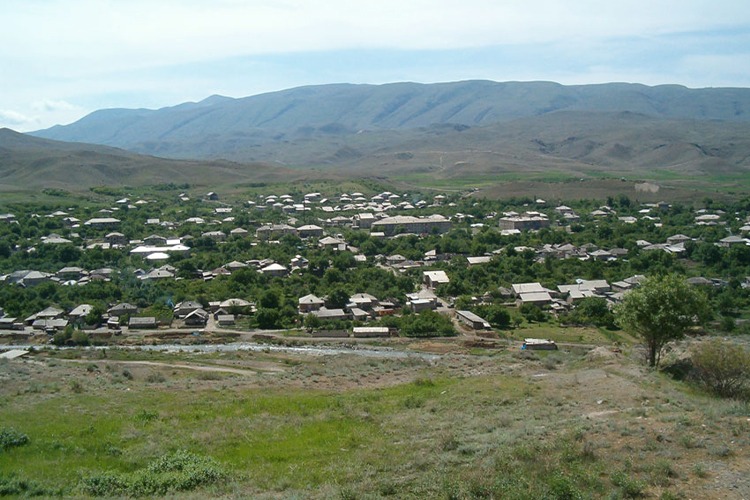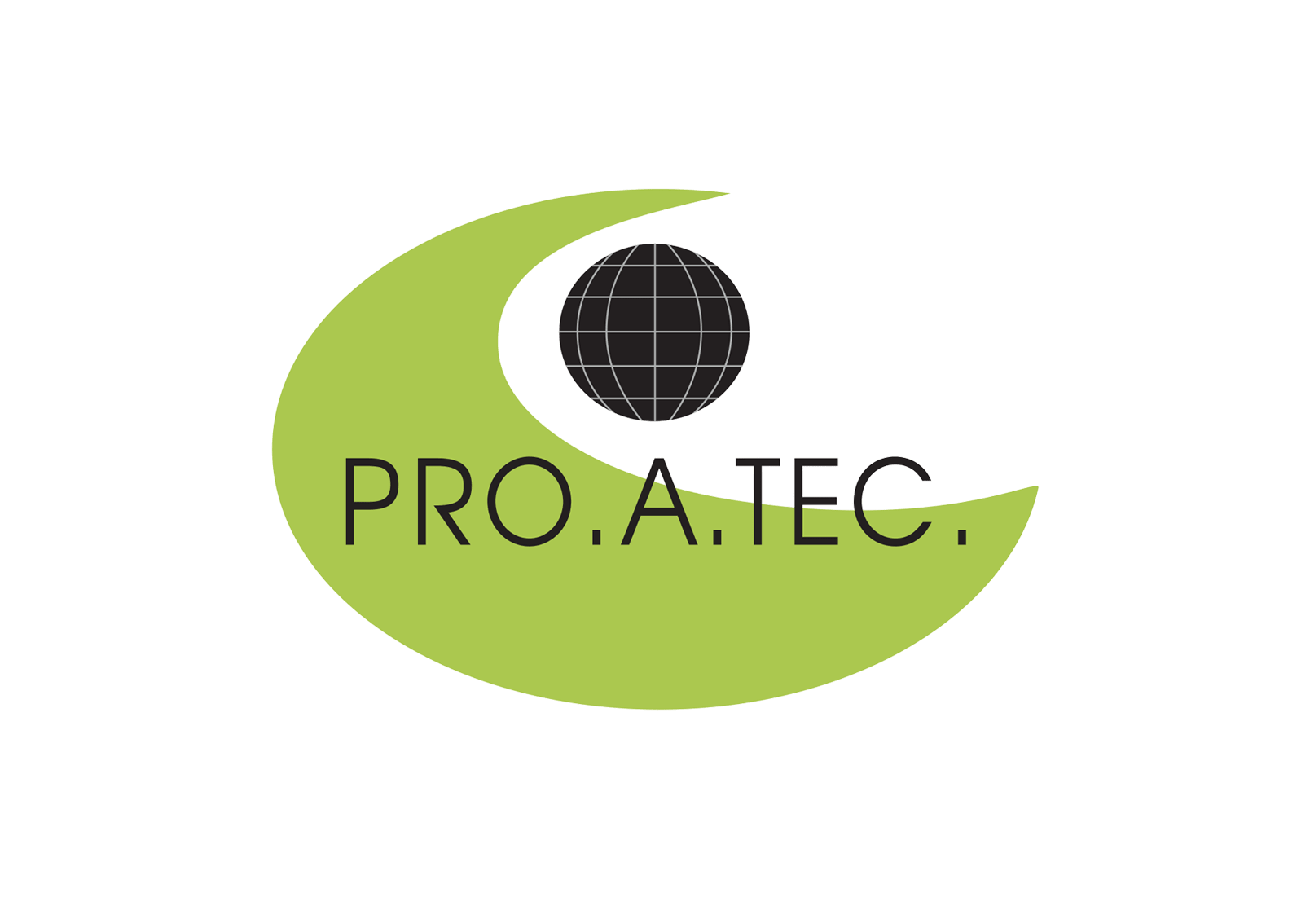
Details
- Project: Technical Assistance to Support the Integrated and Sustainable Development of Ararat and Vayots Regions
- Contracting Authority : European Commission
- Location : Armenia
- Period: 2007-2010
Project
The implementation of the present trans-national cooperation project will refer basically to the methodology of the EC Initiative Program “LEADER”, as a method of mobilising and delivering rural development in the rural communities or underdeveloped areas of a given territory. The main characteristic of this methodology consists in the bottom-up approach, where the role of local actors in the individuation of development actions becomes of basic importance. The aim of the project is to introduce, in Armenia, innovative development strategies and to support concrete social and economic projects in the two regions of Ararat and Vayots Dzor, through the introduction to the main principles of this methodology, supporting the two territories and their Public Institutions/Authorities and economic stakeholders, through the creation of two “Focal Points” (two Local Action Groups, in the sense of the Leader approach); this two enforced local structures will act as a sort of “laboratories” for building local capabilities, for testing out new ways of meeting the needs of the rural communities in the Regions of Ararat and Vayots Dzor, and for the identifying, planning and promoting micro-projects, which will be directly implemented by the local stakeholders.
The specific objectives of the project are:
• to establish a robust system for identifying, implementing, monitoring and evaluating development projects;
• to implement the skills of the two local partners’ operators in promotion of participatory approach in Planning, management of sustainable public-private partnerships, technical project identification, preparation and evaluation;
• to implement the skills of local public and private stakeholders’ operators to identify concrete projects and to implement them;
• to facilitate the activation and mobilisation of local resources, by supporting projects, which will improve these Regions’ ability to access and use not only the EC funds but also other sources for financing their development (e.g. in-kind contributions of the local authorities and community members, or through the involvement of other international donors);
• to assist sectors and categories of beneficiaries which often receive limited support under other development aid programmes operating in such rural areas.

